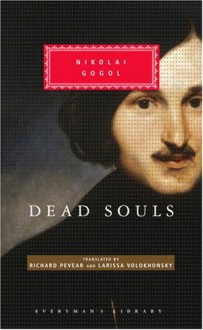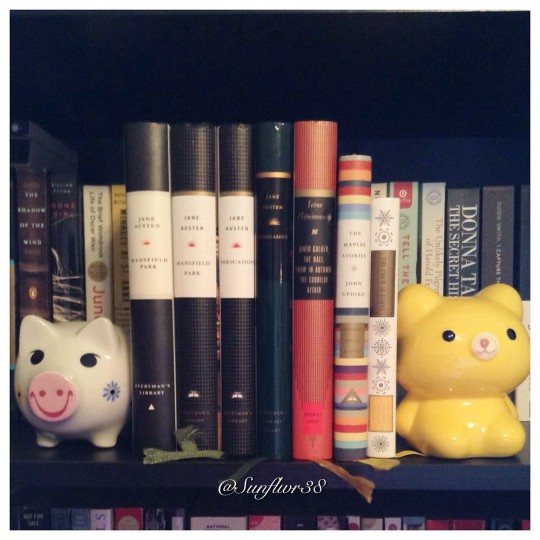
I reckon the first time I encountered this collection was back in high school when our teacher wanted to teach us the Scottish Play, but didn't feel that we were ready to actually start reading the proper text, namely because she felt that maybe we wouldn't fully understand Shakespeare's language (despite the fact that this was year 11 English). Mind you, as we all know, Shakespeare isn't the easiest of authors to read (though I must admit that he is a lot easier to read than some of the modern authors – James Joyce for instance). In fact, as I was reading the piece on Macbeth my mind went back to that day in class, when we all had a photocopy of the story sitting in front of us and were reading it aloud (which I must admit seems really odd these days because I find reading a book aloud amongst a group of people rather odd – and I still wonder how we managed to get through the entire year when half the class involved us sitting there reading the book aloud – not that these were particularly long books mind you, with the exception of One Flew Over the Cuckoo's Nest, but then again I don't remembering actually reading that one aloud in class).
Anyway, this is a great little book, especially for those of us who happen to have young children (not that I'm one of those people), simply because it has been written in a style that is really accessible to those of us who might not be able to understand the language, or even be able to follow what is in effect a script. Okay, the Lambs do try retain as much of the original dialogue as possible, but only where they use the dialogue. For the most part the story is told using prose, which has a great effect on being able to help us understand the action of the play. I must admit that this is the first time that I have read this particular book in years (and even then I have only read it once before, not counting that time in highschool), and I generally don't grab it off the shelf to get an idea of what a particular play is about – that's what Wikipedia is for.
Mind you, the Lambs haven't included all of the plays in this work – notable absences include the Roman plays (which is a shame because Julius Caesar happens to be one of my favourites) and the History plays. The suggestion is, at least in the introduction to the edition that I read, is that the Lambs were more interested in the plays that operated within the domestic sphere as opposed to those that operated in the political sphere. While that may seem a little odd when we note that plays such as the Scottish Play and King Lear are included (as these two plays very much operate within the political sphere) I can sort of see where the Lambs are coming from – the book is primarily targeted at children, and at the age at which they would have been reading this their experience of the world outside of the home would have been quite limited.
It is interesting to consider the target audience of this book though – written in 1809 it would have mainly been for the children of the middle and upper classes, who no doubt would have been able to read. However it is suggested in Charles Lamb's introduction that it was more for the girls than the boys, as the boys would have had access to the father's library (another indication that it would have been for the upper classes) at a much younger age than the girls. It is also an indication that at the time children's literature would have been literally non-existent, namely because it was expected that when a child learnt to read, they would have been thrown straight into the deep end (though I suspect that the Bible would have been a major part of a child's introduction to literature).
Okay, I'm not really an expert on early children's literature, but it seems as if the Lambs were paving the way for what was to become a multi-million dollar industry. Okay, tales for children had existed for centuries, but many of the stories that we traditionally consider to be children's stories (such as Grimm's Fairytales) were originally written for an adult audience. It wasn't until the 19th century that stories, and books, were written specifically with children in mind. In a way we can trace the modern children's story back to the work of Charles and Mary Lamb, who saw a need to make some of the classic Shakespearian plays more accessible to the younger audience.


 Log in with Facebook
Log in with Facebook 









